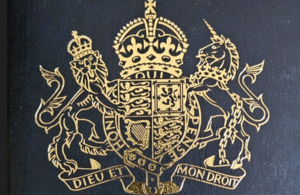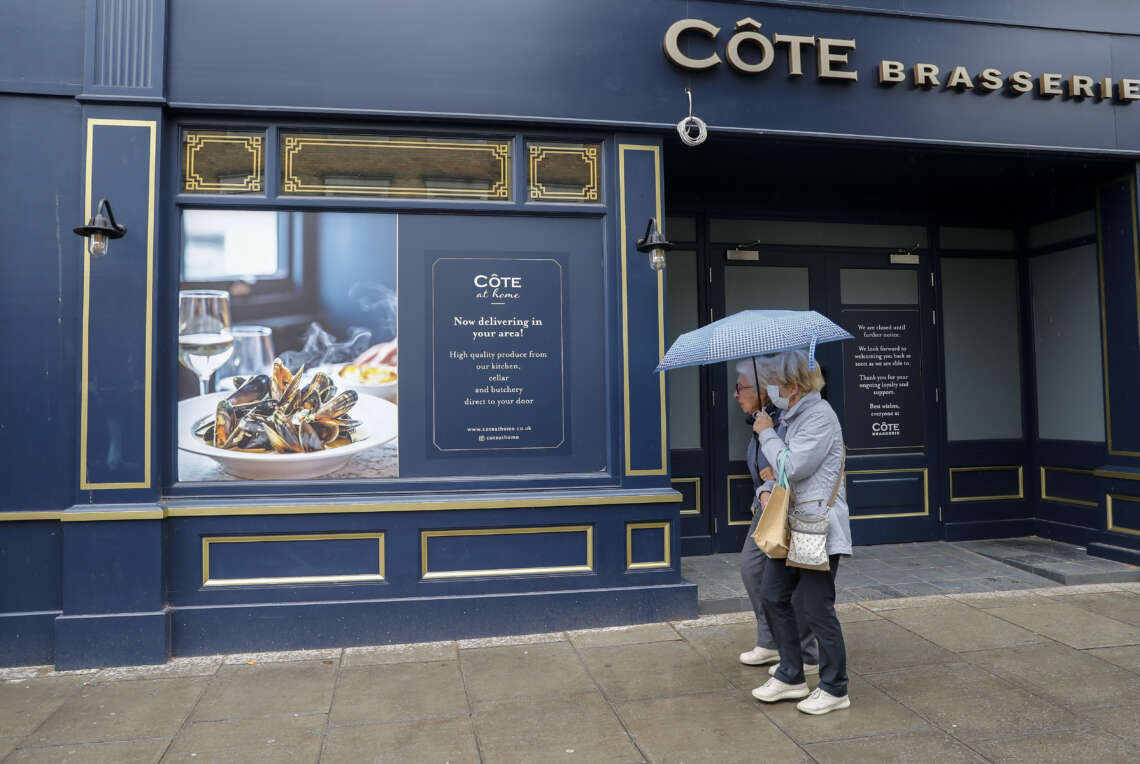Agreement between government and voluntary sector aims to reset relations after erosion of trust under Tories…reports Asian Lite News
The right to engage in political activity and protest peacefully is to be enshrined in a new agreement between the government and UK charities and campaigners aimed in part at ending years of damaging “culture wars”.
The agreement is intended to reset relations between government and the voluntary sector after years of mutual distrust during which Conservative ministers limited public rights to protest, froze out campaigners, and targeted “woke” charities.
The so-called “civil society covenant” will also commit ministers to giving charities and campaign groups a formal partnership role in helping design and fulfil the government’s missions to achieve economic growth and tackle social problems.
Keir Starmer announced the covenant on Thursday in what is seen as the most serious government engagement with the voluntary sector since David Cameron’s ill-fated attempt to co-opt charities into his “big society” vision in 2010.
The prime minister said: “This is about rebalancing power and responsibility. Not the top-down approach of the state working alone. Not the transactional approach of markets left to their own devices. But a new way forward – where government and civil society work side by side to deliver real change.”
The government has highlighted the covenant as a way of putting charities and social enterprises at the centre of plans to provide publicly funded grassroots services in areas such as domestic abuse, youth services and employment programmes.
But the covenant is expected to addresses more fundamental principles of civil society independence and rights, and commits the government and charities to continue to engage respectfully even where they disagree on policy.
A key passage in the covenant is expected to say the government respects the independence and legitimacy of civil society organisations to advocate and campaign, will protect their right to engage in peaceful protest, and hold the government to account.
The commitment was welcomed by civil society leaders. Jane Ide, the chief executive of the Association of Chief Executives of Voluntary Organisations, said: “This is an essential part of a healthy democracy and speaking truth to power is central to the role of civil society.”
There is widespread optimism in the voluntary sector that the covenant, which was negotiated in recent months, signals a genuine attempt by the government to embrace civil society groups and draw on their expertise to drive social change.
One senior voluntary sector figure said: “This is something everyone has wanted to see for some time. It is easy to be cynical about words on the page but it is a massive opportunity to do things in a different way.”
There is broad relief the covenant appears to signal that the tide of aggressive criticism of charities from rightwing politicians in recent years, seen as an attempt to undermine charities’ legal rights and restrict their role in public debate, has receded.
These have included hostile “culture war” attacks on charities including the National Trust, the RNLI and Barnardo’s by politicians and media over so-called “woke” issues such as race, immigration, the UK’s colonial legacy and the climate crisis.
Charities that provide public services have also railed against “gagging clauses” inserted into delivery contracts preventing them from speaking out on behalf of beneficiaries, and many will hope the covenant will end such practices.
But there is also scepticism about the covenant in some quarters, given the government’s recent banning of the Palestine Action protest group, and amid fears that police handling of some peaceful pro-Palestine marches risks criminalising legitimate protest.
Some charity figures contrasted the commitment of the covenant to “coproduce” policy with campaigners with the failures of ministers in recent months to consult civil society over unpopular cuts to disability benefits and the winter fuel allowance.
There is also concern that the financial difficulties faced by many charities, often as a result of cuts to local authority and NHS board funding, will severely limit the ability of many civil society organisations to engage in partnership.














